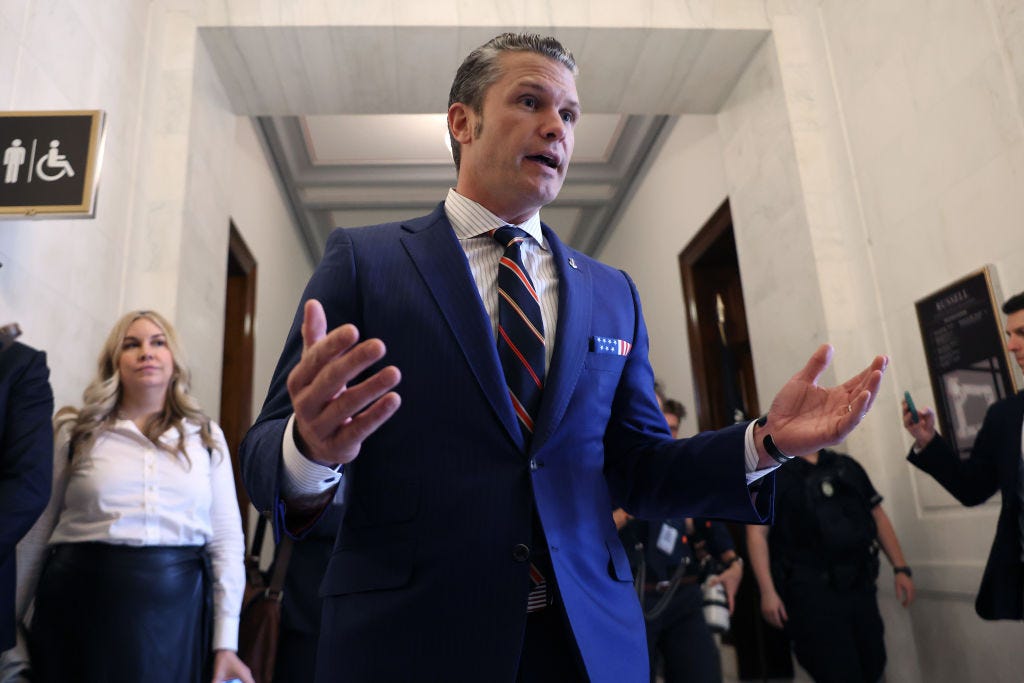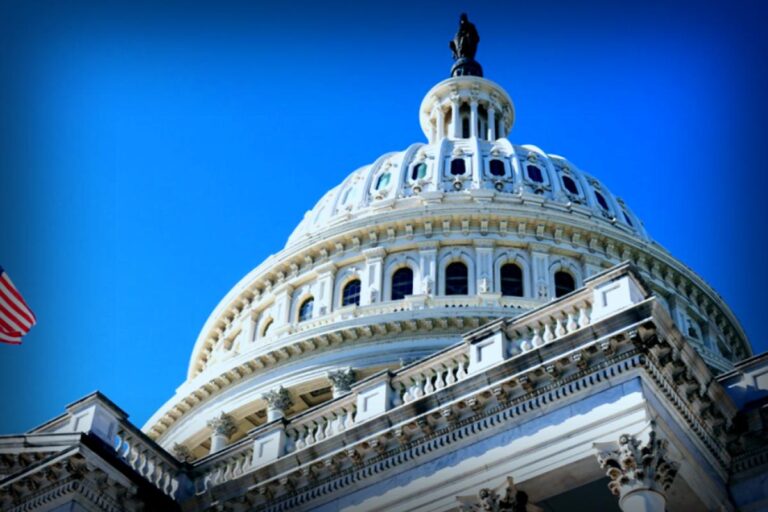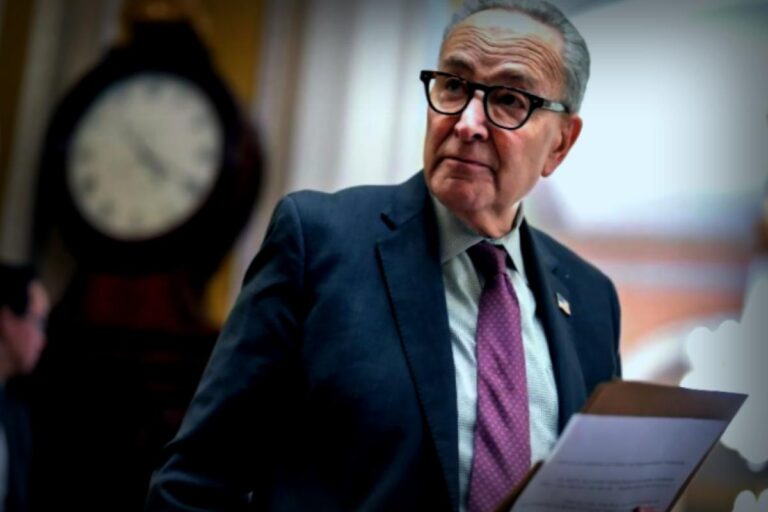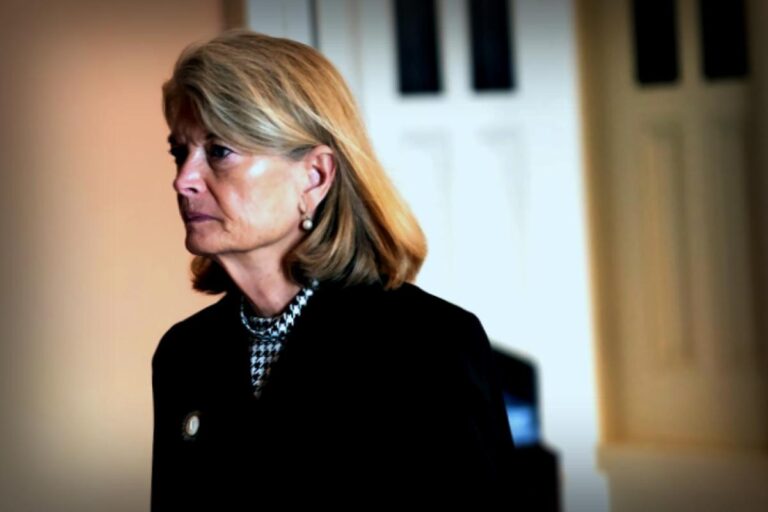- A West Point official initially claimed in December that Pete Hegseth had not applied to the academy.
- After providing proof of his admission, Hegseth faced backlash and calls for further inquiries.
- Email exchanges show that West Point staff struggled to find the correct information from an outdated database.
Recent revelations from West Point inquiries provide insight into the December confusion regarding Pete Hegseth’s admission status at the distinguished military academy.
On December 11, Hegseth expressed his frustration on X, claiming that ProPublica was about to publish a misleading article asserting he hadn’t been accepted into the US Military Academy, a foundational institute for training America’s Army officers.
ProPublica refuted Hegseth’s accusations, clarifying they were merely seeking a response to an earlier statement from a West Point official who claimed Hegseth didn’t even apply.
During this time, Hegseth and his supporters pointed fingers at West Point and the press for this mix-up. However, internal emails revealed that it was indeed a fault on West Point’s end since they failed to check an older database containing numerous past applicants before the issue escalated.
Under public information requests, emails shared with Business Insider show West Point personnel discussing Hegseth’s claims on December 10, the day he submitted a letter proving his admission.
“Can you believe what they just provided?” wrote Theresa Brinkerhoff, a public affairs staff member, in a message. Another employee, whose name was redacted, expressed skepticism regarding Hegseth’s acceptance letter: “Anyone can generate an acceptance letter… it doesn’t validate it.”
Brinkerhoff agreed with this skepticism, stating in her reply, “Totally right on that one.”
By the end of the day on December 10, West Point officials acknowledged their blunder. An employee noted, “He’s in the system,” referring to an archaic database while sharing a snippet of the query language used to retrieve the admissions record.
The correspondence pointed out, “The record indicates he declined the offer.”
Hegseth ultimately attended Princeton, pursuing his degree in politics, engaging in basketball, and later joining the Reserve Officers’ Training Corps. After graduation, he served in the Army National Guard and transitioned into a career in conservative activism and media roles.
Since his appointment as defense secretary, Hegseth has been a notable figure attracting criticism. His nomination to lead the Pentagon was surrounded by uncertainty last December due to accusations pertaining to alcohol misuse and allegations of mistreatment towards women, to which he responded denying any wrongdoing and vowed to cease drinking.
On December 10, Terrence Kelley, in charge of West Point’s communications, conveyed apologies to ProPublica for the incorrect information. He expressed, “I am truly sorry for the misinformation we provided, it was not intentional.”
However, Hegseth seemed unaware of this correction and publicized his claims on the next morning at 8:10 am, insisting ProPublica would publish a false report.
Kelley reminded his colleagues on December 11 of the urgency of providing ProPublica with the ‘official confirmation’ that Hegseth was indeed telling the truth. He pointed out, “Confirming Hegseth’s claim will likely dampen ProPublica’s interest in moving forward with the story, but our delay only increases the chances of it becoming a bigger issue.”
Subsequently, in a follow-up to ProPublica, Kelley referred to the oversight as an ” honest mistake.”
By later that same day, eight different news outlets reached out to West Point in response to Hegseth’s post. US Senator Tom Cotton from Arkansas concluded the issue demanded leadership scrutiny at the academy over the inaccurate comments made.
“The academy understands the seriousness of this situation and extends its apologies for the administrative error,” West Point communicated to media sources.
Kelley informed Business Insider, “In the aftermath of releasing incorrect admissions details last December, we have enacted stricter protocols for reviewing and delivering information externally. We regret this mistake and are dedicated to preventing a similar issue in the future.”
Commenting on the situation, a ProPublica representative stated, “Journalists fulfill their role by examining powerful figures closely, as happened in this case. Responsible media only put out verified information, which is why we refrained from reporting on the admission once Mr. Hegseth provided proof that countered West Point’s statements.”
The Pentagon and Senator Cotton have not yet responded to requests for their side of the story.




















